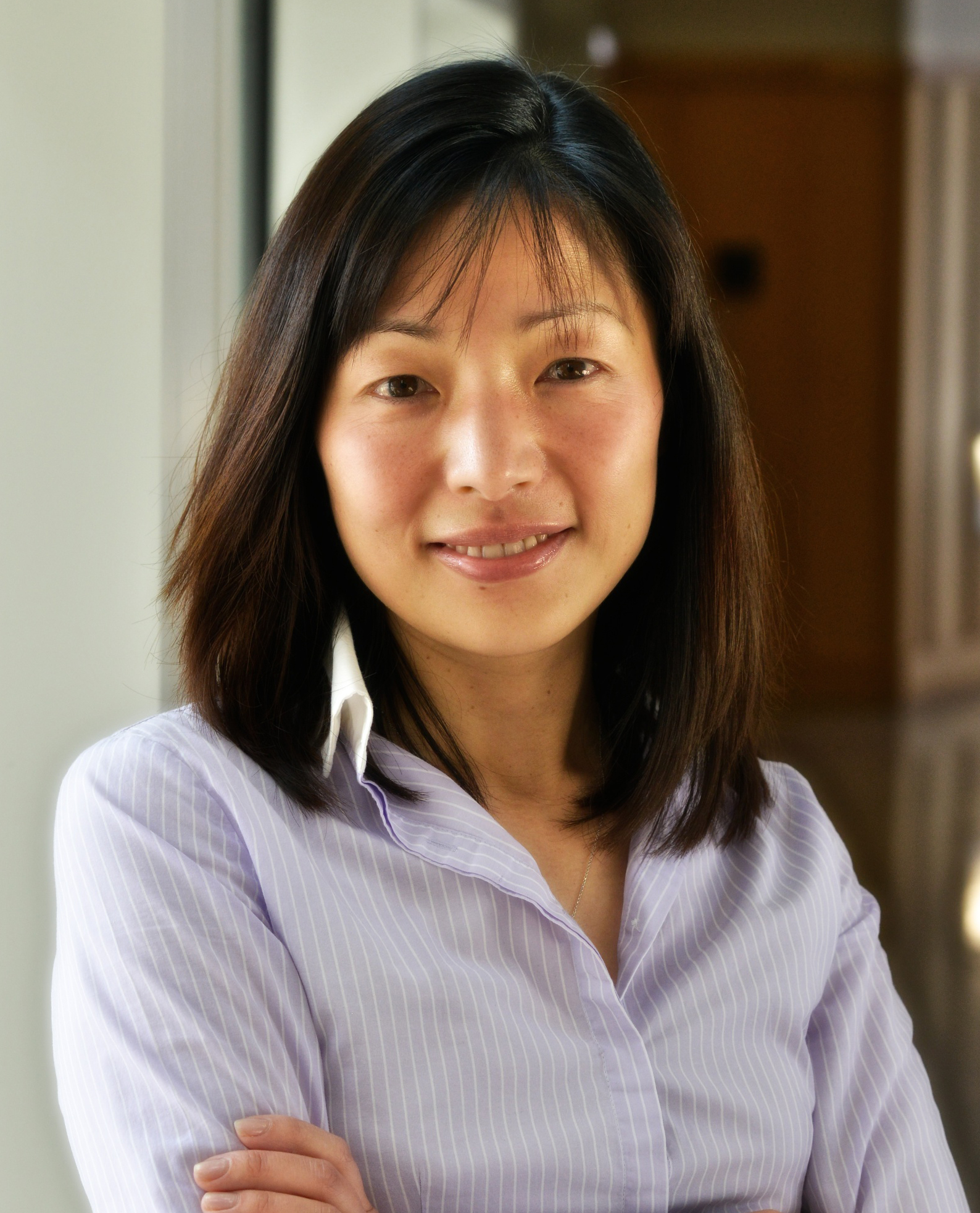Infection
Post-Acute Infection Syndromes Will Be the Focus of New YSM Center
Yale School of Medicine (YSM) officially launched its new Center for Infection & Immunity (CII), established within the Department of Immunobiology, on August 18.
The COVID-19 pandemic and the prevalence of Long COVID have shed light on the urgent need to study post-acute infection syndromes. The mission of the new center will be to provide a greater understanding of the basic science behind infectious diseases, with an emphasis on Long COVID, post-treatment Lyme disease, and myalgic encephalomyelitis/chronic fatigue syndrome (ME/CFS). It is the first center of its kind, says its creator Akiko Iwasaki, PhD, YSM’s Sterling Professor of Immunobiology.
“Post-acute infection syndromes have historically been ignored. They’ve been going on for decades—or maybe hundreds of years—but we haven’t been paying attention,” says Iwasaki. “Our center is uniquely positioned to tackle these diseases because of our building expertise from Long COVID and our many collaborations across different disciplines.”
Post-acute infection syndrome refers to chronic diseases that occur after an acute viral, bacterial or parasitic infection. They occur most frequently in middle-aged women. While not new, the syndrome’s prevalence is significantly growing as a result of the COVID-19 pandemic, in which as many as 10% of infections have led to Long COVID, leaving individuals with lingering, often debilitating symptoms. Researchers estimate that 75 million people globally are suffering with the disease, and as new infections continue to arise daily, there’s “no end in sight,” says Iwasaki.
“The pandemic gives us perspective to understand how viruses have affected our risk to other diseases and our health as a human population over history,” says Nancy J. Brown, MD, Jean and David W. Wallace Dean of Yale School of Medicine.
Long COVID highlights need for post-acute infection syndrome research
Following the pandemic’s onset, researchers across disciplines at Yale and beyond came together to unravel the mysteries of this new infectious disease. The need for a new center to support this extensive collaboration soon became clear, says Iwasaki. “So we created CII to mediate greater cooperation and promote the sharing of ideas, samples, and data.”
“The center grew within the Iwasaki lab,” says Nicole Darricarrère, PhD, the scientific program director of CII. “So we’re training and incubating within her amazing environment. We’re fortunate to have people from her lab with such expertise.”
New center will study infectious disease pathobiology and prevention
The research through CII will focus on the pathobiology of Long COVID, ME/CFS, and post-treatment Lyme syndrome. Although these post-acute infection syndromes are triggered by different pathogens, because they often share similar symptoms—including fatigue, unrefreshing sleep, dysautonomia, and pain—Iwasaki believes they share similar pathologies. “If we can identify even with one of these diseases what an underlying cause of disease is, then we can apply that knowledge to prevent and treat other kinds of post-acute infection syndromes.”
The other arm of the center will focus on disease prevention. This includes research on different vaccination strategies and universal vaccines for different agents. “Vaccines are really important in preventing these diseases,” says Iwasaki. “So I’m also hopeful that we can develop better preventative mechanisms to go along with our more disease treatment-focused research.”
The center’s members will include the following world-leading experts: Anne Wyllie, PhD, Nathan Grubaugh, PhD, Craig Wilen, MD, PhD, Maudry Laurent-Rolle, MD, PhD, Ellen Foxman, MD, PhD, Ruslan Medzhitov, PhD, Anna Pyle, PhD, Benjamin Goldman-Israelow, MD, PhD, Erol Fikrig, MD, David Martinez, PhD, Albert Ko, MD, Carolina Lucas, PhD, Inci Yildirim, MD, PhD, Albert Shaw, MD, PhD, John Tsang, PhD, Lisa Sanders, MD, Carlos Oliveira, MD, PhD, Charles Dela Cruz, MD, PhD, Justin Belsky, MD, Harlan Krumholz, MD, David van Dijk, PhD, Wade Shulz, MD, PhD, Leying Guan, PhD, and Smita Krishnaswamy, PhD.

